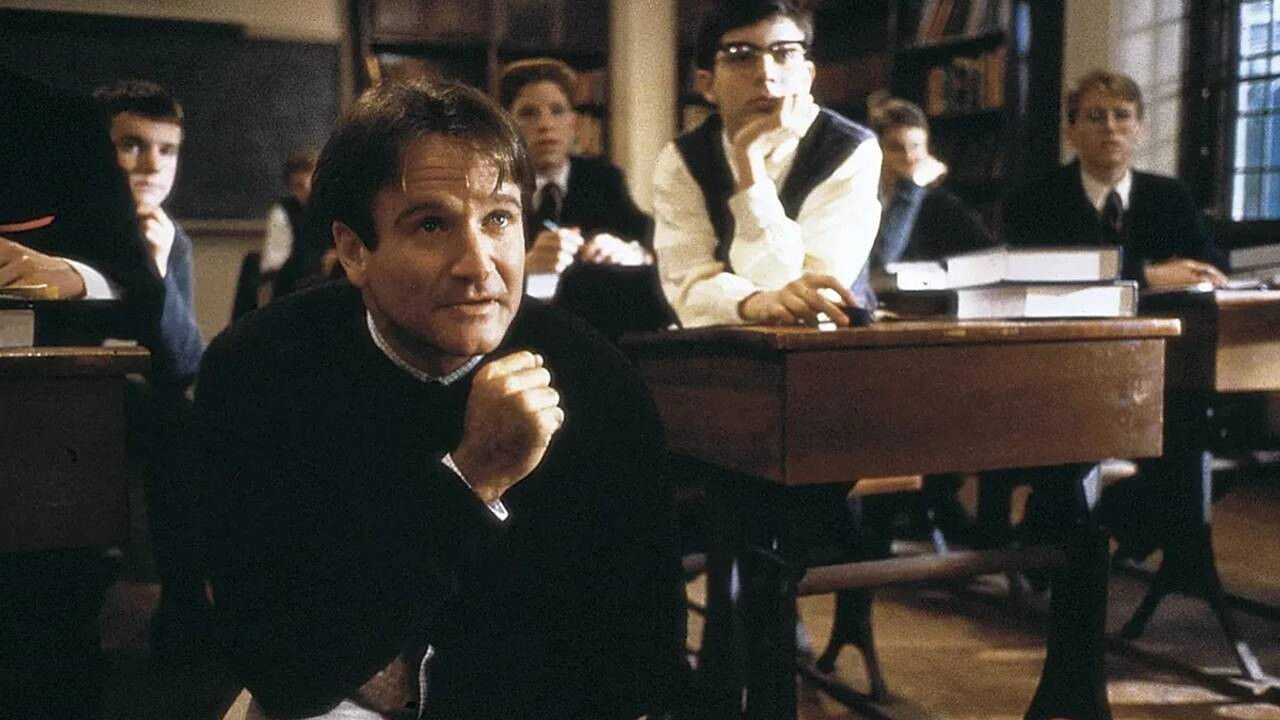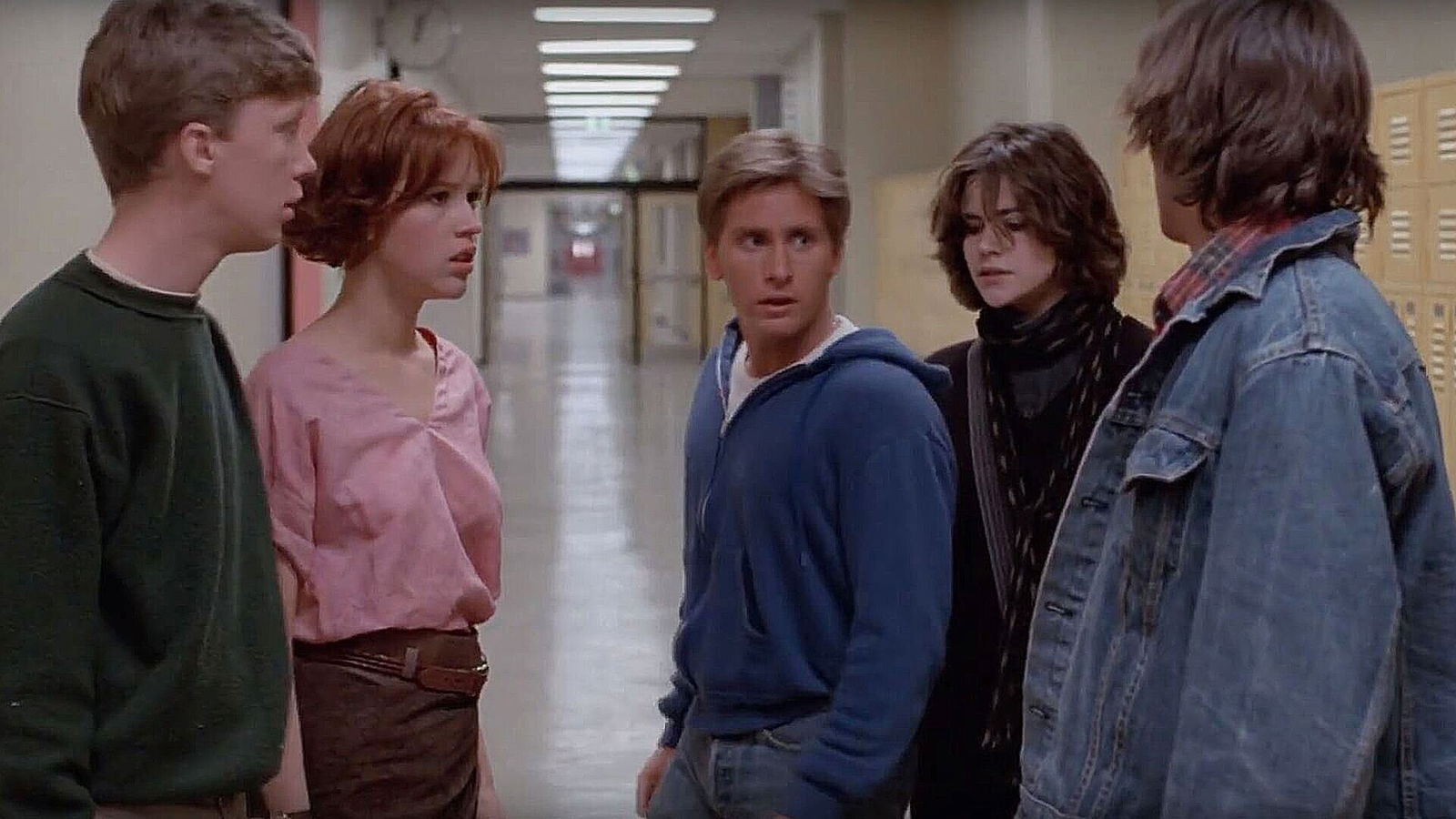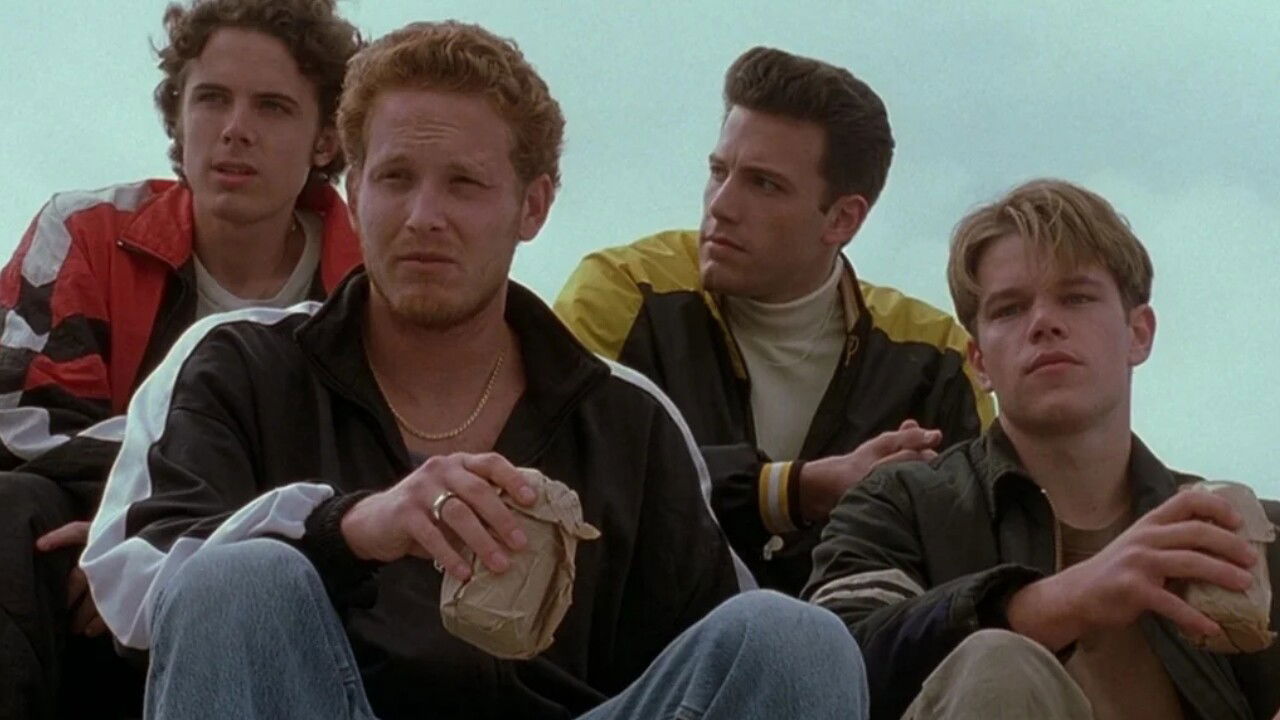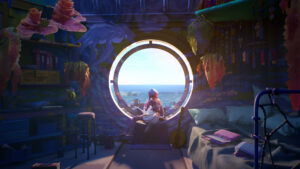University education is often seen as a pivotal phase in life, where students navigate academic challenges, form their identities, and build lifelong relationships. While many of us experience university firsthand, films provide a unique lens to explore and understand the multifaceted nature of higher education. By watching movies that portray university life, we can gain insights into the complexities of this critical period. Let’s dive into how films can help us grasp the intricate realities of university education.
The Portrayal of University Life: Reality vs. Fiction
When we think of university life in films, a few images might come to mind: grand campuses, bustling student unions, intense study sessions, and, of course, the occasional wild party. Films like Legally Blonde and Good Will Hunting give us a glimpse into the different aspects of university life. But how accurate are these portrayals?
In many cases, films strike a balance between exaggeration and reality. For instance, while the social scenes in Pitch Perfect might seem over the top, the camaraderie and the pressures of balancing extracurriculars with academics are very real. These portrayals, though dramatized, capture the essence of what it means to be a university student: the struggle to find one’s place, the excitement of newfound freedom, and the pressure to succeed. By watching these films, viewers can get a sense of the diversity of experiences that university students face, from the academic rigours to the social labyrinth.
Academic Pressure and Competition: The Struggle for Success

University is not just about attending classes and passing exams; it’s about striving for excellence in a highly competitive environment. Films like The Social Network and A Beautiful Mind illustrate the intense academic pressure that students often face. These movies highlight the high stakes involved in university education, where a single failure can feel like the end of the world.
In such a high-pressure environment, students often seek external help to manage their academic workload effectively. PapersOwl, a canadian writing service can provide valuable assistance with essays and research papers, helping students maintain high academic standards without succumbing to stress. This support is crucial, especially when the pressure to outperform peers and secure top grades becomes overwhelming.
In The Social Network, we see how the drive to innovate and excel can lead to groundbreaking achievements, but also to personal conflicts and ethical dilemmas. Similarly, A Beautiful Mind portrays the thin line between genius and madness, showing how the pursuit of academic excellence can take a toll on one’s mental health.
Social Dynamics: Navigating Friendships, Romance, and Identity
University is often a melting pot of cultures, backgrounds, and personalities, which makes social dynamics a central theme in many films about higher education. Movies like Dead Poets Society and The Breakfast Club delve into the complexities of forming friendships, dealing with peer pressure, and discovering one’s identity during the university years.
Dead Poets Society is a poignant exploration of the impact of a charismatic teacher on a group of students who are struggling to find their voice in a conformist environment. The film highlights the importance of self-expression and the challenges of going against the grain. On the other hand, The Breakfast Club takes place in a high school setting, but its themes of breaking down social barriers and stereotypes resonate strongly with university students who are learning to navigate a diverse and often divided social landscape.
These films remind us that university is not just about academics; it’s also about personal growth and social exploration. The friendships and relationships formed during this time can shape one’s future in profound ways. Through these cinematic portrayals, viewers can gain a deeper understanding of the social challenges that come with university life, from navigating friendships and romantic relationships to dealing with loneliness and isolation.

University Culture and Identity Formation
University is a time when many students begin to explore and solidify their identities. This period is often characterized by experimentation, self-discovery, and a quest for authenticity. Films like Mona Lisa Smile and Whiplash showcase the role of university culture in shaping students’ identities and futures.
Mona Lisa Smile portrays the challenges faced by a progressive art history professor in a conservative women’s college in the 1950s. The film explores themes of feminism, tradition, and the conflict between societal expectations and personal aspirations. It illustrates how university culture can either empower or stifle students’ development, depending on how open or restrictive it is.
In contrast, Whiplash focuses on the darker side of university culture, where the pursuit of perfection in the arts can lead to toxic relationships and mental anguish. The film’s intense portrayal of a student-teacher relationship raises questions about the cost of success and the impact of extreme mentorship on a student’s identity and well-being.
These films underscore the idea that university is not just an academic journey, but also a deeply personal one. The culture of a university—whether supportive or competitive, traditional or progressive—plays a crucial role in shaping the identities of its students. Through these cinematic narratives, we can reflect on how university experiences influence our values, beliefs, and sense of self.
The Role of Professors and Mentorship
Professors often play a pivotal role in the lives of university students, acting as mentors, role models, and sometimes antagonists. Films like Good Will Hunting and Freedom Writers offer compelling portrayals of the student-teacher dynamic and the impact that a mentor can have on a student’s academic and personal growth.
In Good Will Hunting, the relationship between Will, a troubled genius, and his therapist, Dr. Sean Maguire, is central to the story. The film highlights the importance of having a mentor who not only challenges you intellectually but also supports you emotionally. Dr. Maguire’s guidance helps Will confront his past and unlock his potential, illustrating the transformative power of a strong mentor-student relationship.

Similarly, Freedom Writers showcases the dedication of a teacher who goes above and beyond to help her students overcome their circumstances and succeed academically. The film emphasizes the role of educators in shaping not just the minds but also the lives of their students, particularly those who come from disadvantaged backgrounds.
These films demonstrate that professors and mentors are more than just academic guides; they can be life-changing influences who help students navigate the challenges of university and beyond. By portraying these relationships, films offer valuable insights into the impact of mentorship on student success and well-being.
Films offer a powerful way to explore and understand the complexities of university education. Through their portrayal of academic pressure, social dynamics, identity formation, and the role of mentorship, movies provide a window into the diverse experiences of university students. While these cinematic depictions may not always be entirely accurate, they capture the essence of the challenges and triumphs that define university life. By watching these films, we can gain a deeper appreciation for the multifaceted nature of higher education and the profound impact it has on the lives of students.
So, the next time you’re watching a film about university, take a moment to reflect on the real-life challenges it represents. You might just see your own university experience in a new light!



